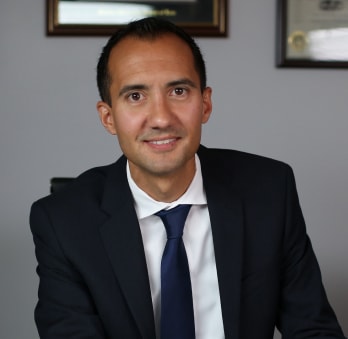Should Police Be Added to Hate Crime Laws?
There has been a renewed push to expand hate crime laws to include crimes of violence against police officers. The national Fraternal Order of Police is leading the charge to add protection under federal legislation.
Locally, three Minnesota cities have passed resolutions to add police officer protection under hate crime laws in a show of support for police. Red Wing, Cambridge, and Austin have all recently passed resolutions calling for expanded protection for police officers. But should an occupation be included within the protections of hate crime laws?
Hate Crime Laws
Minnesota’s hate crime law, which closely mirrors its federal counterpart, provides for enhanced penalties for crimes motivated by a victim’s race, religion, national origin, sex, age, disability, or sexual orientation.
These are inherent characteristics and traits that people have no real control over; therefore, being singled out as the victim of a crime because of who someone is as a person should be treated differently.
Those in support of adding police to the hate crime laws argue that being singled out because of an occupation is equivalent to race or gender. Attacks against a person because of the color of a uniform is argued to be the same as attacking someone because of the color of their skin.
Crimes motivated by hatred of a person’s race, ethnicity, gender, or sexual orientation are deeply rooted and have occurred for centuries. The recent increased confrontations with police are probably more the result of increased tensions surrounding several high profile cases than random attacks against police.
In fact, crimes against the police had been steadily declining up until the past couple of years. Police confrontations and community tensions certainly seem more prolific now than in recent years. Crimes motivated by hatred of immutable traits, however, have been occurring for much longer.
Existing Protections for Police
A big reason for the enactment of hate crime laws is to change the way crimes are treated when motivated by bias and to bring attention to hate crimes. Adding police to hate crime laws would not significantly affect the way crimes against police are treated because many states already have laws calling for enhanced penalties for crimes committed against a police officer.
In New Hampshire, for example, killing a law enforcement officer is one of a few categories that can be punished by execution. Minnesota law also provides for enhanced penalties for assaulting a police officer.
While there certainly have been attacks against the police that have been driven by hatred for the profession, that cannot be said for every case. Being a police officer is a dangerous job.
Assaults or attacks are bound to occur. Police carry a position of authority, and some people simply do not like being told what to do or try to get out of trouble by any means necessary.
Attacks or assaults against police that occur in these situations are not the results of the sole motivation to harm a police officer. They happen because people do not want to go to jail or do not agree with being taken into custody.
The thought
The Fraternal Order of Police has been pushing for inclusion in hate crime legislation for years, without much success. As of now, police officers – or any chosen occupation – will be added to state or federal hate crime laws anytime soon.



